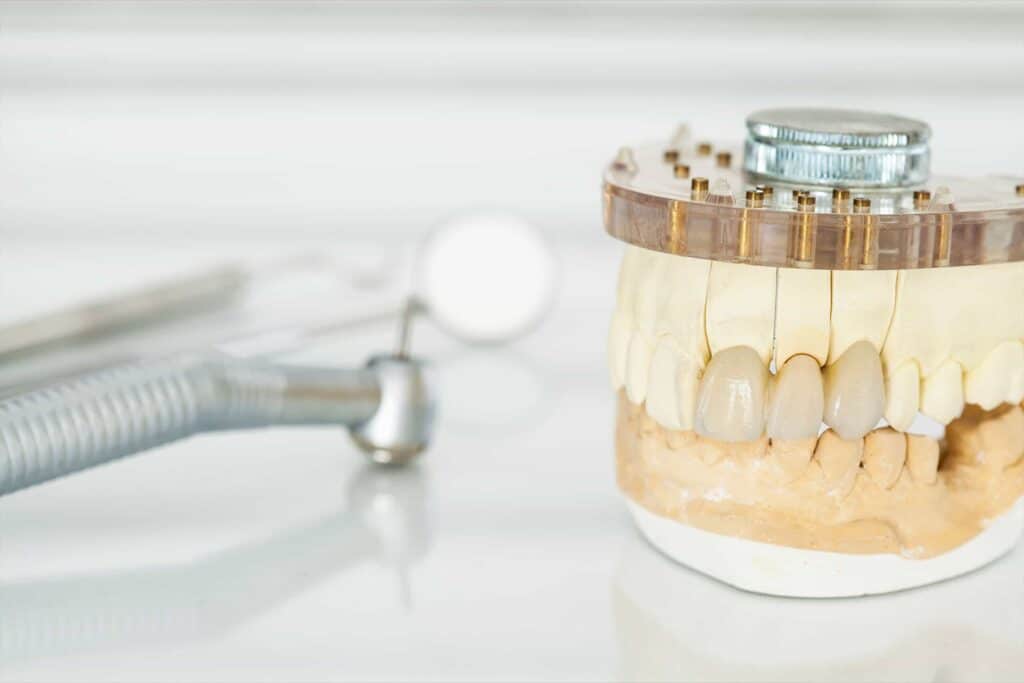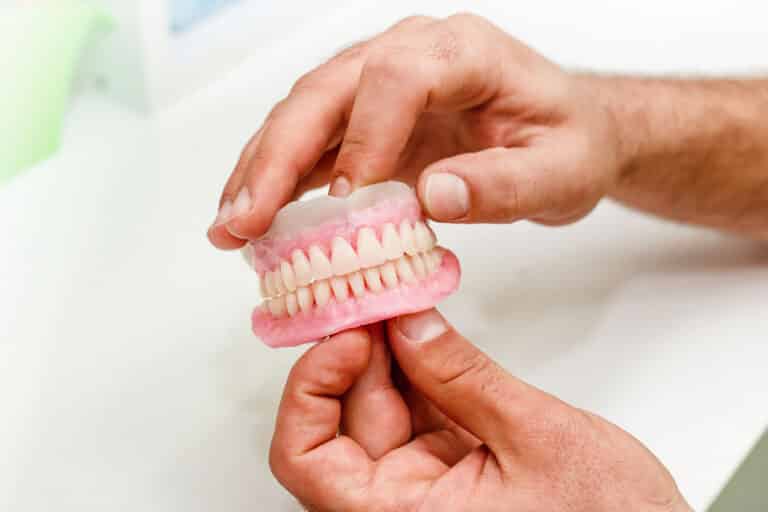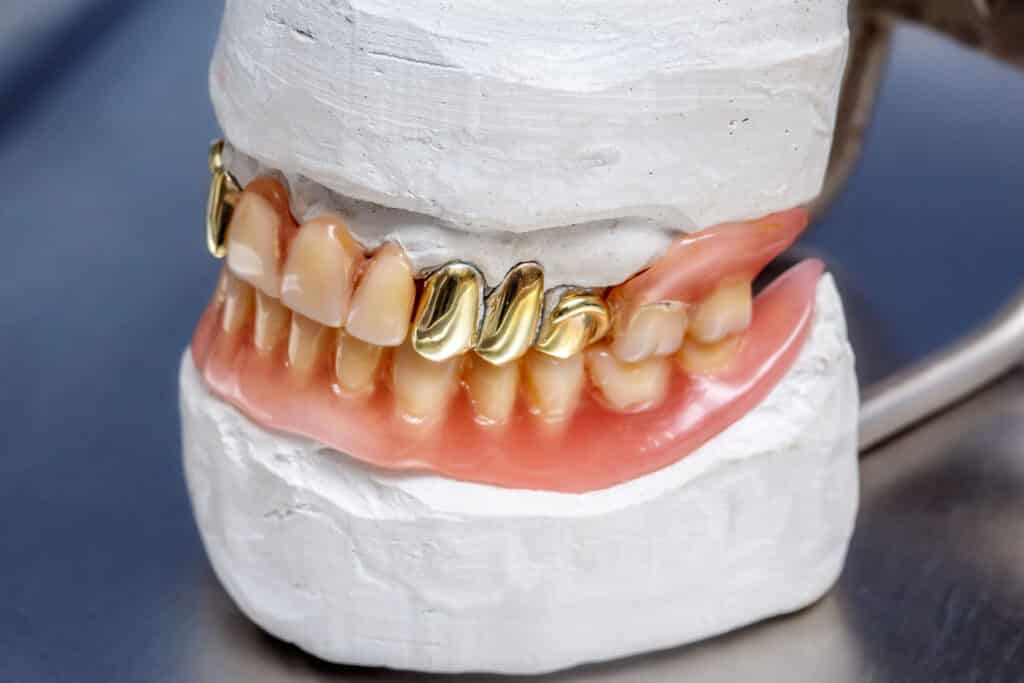It is expected to have mild discomfort after dental fillings. Excess pain after the procedure can be caused by a number of reasons. The reasons range from deep fillings, to improper bonding, to a high bite. If you are experiencing pain from your fillings, be sure to visit your dentist right away to have them checked out.
If you are experiencing excess pain from your dental fillings, be sure to visit your dentist right away. They will be able to determine the cause of the pain and make any necessary adjustments to your fillings.
Why do my Gums Hurt after a Filling?
f you’re experiencing pain in your gums after getting a dental filling, it may be because your gums got beat up during the process. This is especially true for fillings that go under the gums – they can cause extra inflammation and soreness. Rest assured this is normal and the gums heal with time. Keep it clean, give it some time, typically up to a week and if you’re still having gum pain, be sure to visit your dentist to have them check it out.
What are Some Causes of the Pain?
When a filling is placed in a tooth, the dentist will remove any decay and then clean and shape the tooth. The next step is to fill the area with a material that will protect the tooth. The most common type of filling is a composite resin, also known as white fillings. Silver fillings are also used, although not as commonly.
When the dentist removes the decay, they also remove some of the healthy tooth structure. This is necessary as they have to be shaped properly to ensure long term success. For instance, unsupported enamel, even if healthy, must be removed so it doesn’t break off and lead to another cavity. During the cleaning and shaping process, the nerve gets irritated which is why there is often some sensitivity after fillings.
The dentist will usually apply materials to help with sensitivity. You can also take ibuprofen or acetaminophen before your appointment to help reduce the pain.
If you’re getting deep fillings, your teeth may be more sensitive afterwards because they get close to the nerve. There are a few things that you can do to help reduce the sensitivity. Use a toothpaste for sensitive teeth and avoiding acidic or sugary foods. If the sensitivity persists, you may need to speak to your dentist about possible further treatment.
Why do my Teeth Hurt a Week After Getting Fillings?
If you’ve ever had a tooth filled, then you know that while usually straightforward, the process can be a little bit uncomfortable. One of the reasons for this is that any work done on a tooth can irritate the nerve and make it sensitive which is why your teeth might also hurt a week after getting the procedure. This is especially true if the filling is large or if there are multiple in a single tooth.
If your teeth hurt after a long period of time after a small filling, there may be something else going on. White fillings are more technique sensitive than silver fillings, meaning that there are more steps that need to be done correctly. If done improperly, white fillings may cause sensitivity. Here are a few steps things that can cause sensitivity:
- Marginal leakage: This is when there is a small gap between the tooth and filling, which can have things leak in causing sensitivity.
- Improper bonding: When the bonding agent isn’t completely cured, it can cause sensitivity.
- High bite: When the filling hits first, the tooth gets traumatized from excess force. This can result in increased sensitivity and pain, especially when biting.
- Incomplete curing: When the filling or bonding isn’t completely cured, it can also cause the tooth to be sensitive.
What Could Cause Extended Filling Pain?
When a person has a big cavity, the dentist needs to remove more tooth in order to get rid of all of the decay. This can cause the person to experience extended pain after the filling. The closer the decay gets to the nerve, the more painful it can be. It may eventually get to the point where a root canal may need to be done.
When the decay and subsequent filling are close to the nerve, the resulting irritated nerve is called pulpitis. This inflammation of the nerve is typically in one of two stages: reversible and irreversible.
Irreversible pulpitis is a dental condition that will eventually result in the death of the tooth’s pulpal tissue. The pulp is a soft tissue inside the tooth that contains nerves and blood vessels. Once the pulp has died, it becomes necrotic and will eventually lead to an infection. When this becomes the case, the tooth needs either a root canal or an extraction.
Reversible pulpitis is the other condition of an inflamed pulp. There is less inflammation of the pulp which, as the name implies, can be reversed. If the inflammation goes away, the tooth will return to normal and no additional treatment will be necessary. Anti-inflammatory medications such as ibuprofen can help with this.
How can I Lessen the Pain?
The normal length of time for post-op sensitivity of fillings can range from a day or two to up to a couple weeks. After this period, the pain typically starts to disappear gradually. If it doesn’t, it may mean the tooth has irreversible pulpitis, as previously mentioned. There are a few things you can do to lessen the pain after fillings.
One easy way to lessen the filling pain is by taking over-the-counter analgesics before your appointment. While you shouldn’t feel any pain during the actual procedure, this will help to reduce the amount of postoperative pain since the medication is already in your body. Avoiding temperature extremes (hot or cold) as well as crunchy foods on the tooth that was worked on can help minimize any pain. Additionally, keeping the area clean can also help to minimize the filling pain. Make sure to brush and floss your teeth regularly, and you can keep the area extra clean with either salt water rinses or antiseptic mouthrinses.
There is no one-size-fits-all answer to when you might need to seek professional help, as the need for professional help will vary depending on the individual’s situation. However, in general, it is advisable to seek professional help if the pain caused by filings is severe or persists for an extended period of time.
How Long are Fillings Supposed to Hurt?
The pain from a dental filling can last for a few days to up to two weeks. However, the length of time will vary depending on the size and extent of the filling. Keep in mind that fillings may also feel completely fine the very next day. A vast majority of fillings are completed and recovered without a hitch. However if you are concerned about a filling hurting after, ask your dentist how deep the filling is and the chances of increased pain.





